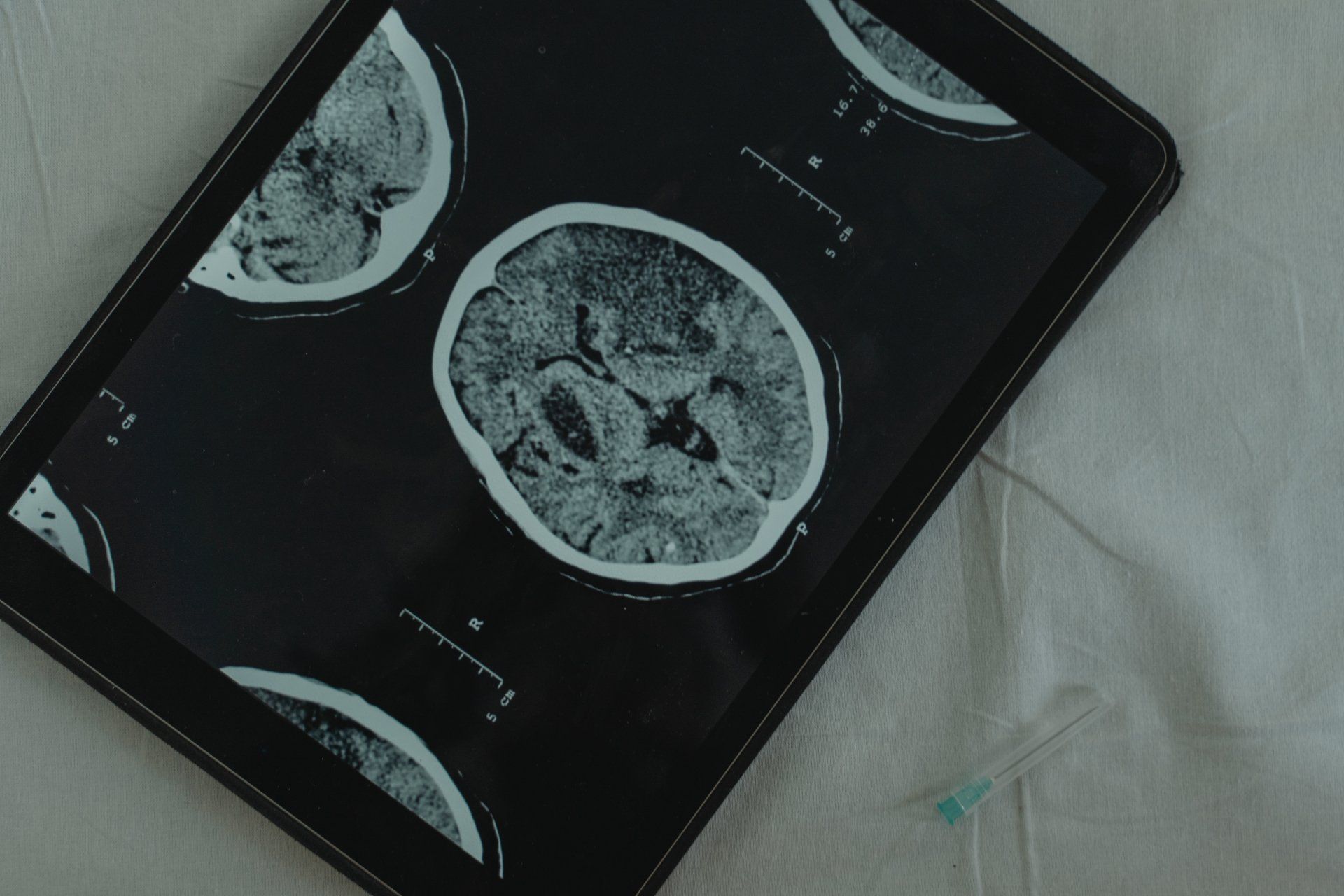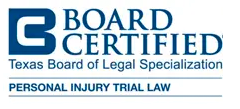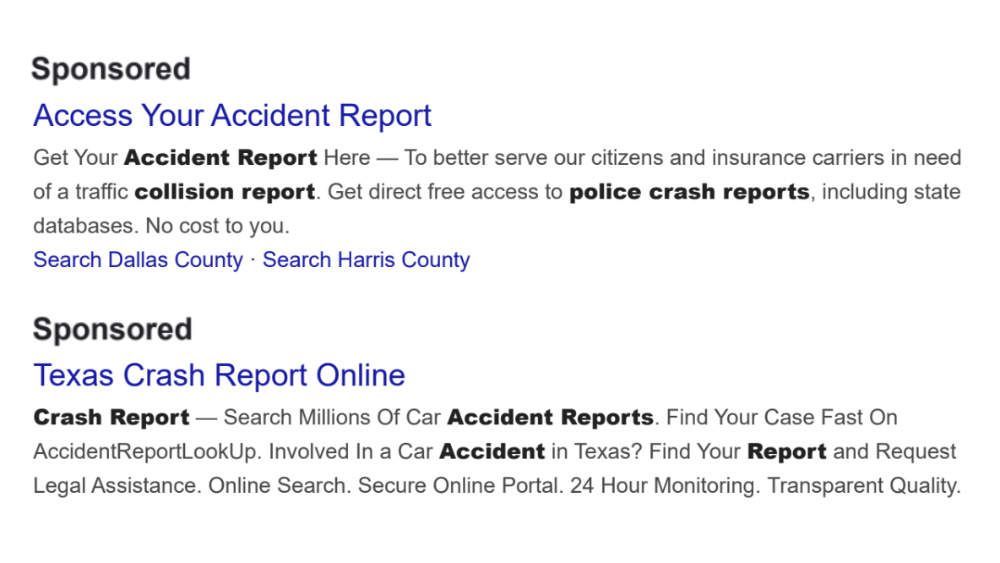One-third of all Concussions are Missed in Emergency Room Examinations

If you are experiencing symptoms of a concussion following an accident, it is important not to underestimate your injuries. If you have symptoms such as fatigue, nausea, headaches, trouble sleeping, blurred vision or ringing in your ears, you may have suffered a concussion.
In this article, the TBI lawyers at Wham & Rogers discuss the facts about brain injuries. These injuries are common in auto accidents and workplace incidents. If you have such an injury, call us at (832) 592-1108 to learn more.
Facts about TBIs
A mild traumatic brain injury is defined as a brief period of being “dazed or disoriented,” or a brief loss of consciousness. Statistics show that 33% of these injuries are missed in emergency room examinations. One reason for this is that a mild traumatic brain injury does NOT generally show up on a CT scan or an MRI. Standard neuroimaging will identify large focal contusions or hemorrhage, but conventional CT and MRI testing does not identify diffuse axonal and vascular injury, both of which are major drivers of poor clinical outcome after traumatic brain injury.
Traumatic Brain Injury is a Health Epidemic
Traumatic brain injury (TBI) has been identified as a health epidemic by the World Health Organization (WHO) and the Centers for Disease Control and Prevention (CDC). Each year in the U.S.:
- Approximately 1,000,000 people suffer concussions.
- Around 300,000 of these result in serious, long term injuries.
Mild TBIs Can Cause Long-Lasting Symptoms
A mild TBI should never be underestimated. These injuries can result in serious and long-lasting symptoms, especially in persons who have sustained a previous concussion. Long-lasting symptoms may include:
- Fatigue
- Headaches
- Blurred vision
- Concentration problems
- Forgetfulness
- Depression
- Extreme frustration
- Personality changes
Fatigue is a Leading Symptom of Mild TBI
Fatigue is one of the most frequently reported symptoms of a mild TBI. In a survey of 299 patients with mild traumatic brain injury, 32% were severely fatigued. Severe fatigue was highly associated with the experience of other symptoms, limitations in physical and social functioning, and fatigue related problems like reduced activity.
Of various trauma severity indices, nausea and headache experienced were significantly related to higher levels of fatigue. The researchers concluded that one-third of a large sample of MTBI patients experience severe fatigue six months after injury, and this experience is associated with limitations in daily functioning.
Chronic Pain as a Complication of Mild TBI
Chronic pain is a another common complication of TBI that can cause long-lasting effects. It is independent of psychologic disorders such as Post Traumatic Stress Disorder (PTSD) and depression and is common even among patients with apparently minor injuries to the brain. Post-traumatic headache is a prevalent symptom.
One study suggests that post-traumatic headaches are quite common and long-lasting. In the study, post-traumatic headache was reported by 44% of TBI patients after six months. Post-traumatic headache began:
- At the time of injury in 30% of patients
- Between 15 days and one month in 21%
- Between one and three months in 18%
- After 3 months in 32%
Eleven percent still had headache at 6 months, 54% at one year, and 30% after two years.
Some Mild TBIs Heal Quickly - Others Cause Chronic Problems
A person with mild TBI may manifest brief symptoms or experience persistent and disabling problems. The clinical consequences of such an injury can, for example, affect one’s ability to return to work and complete routine, daily activities. In one study, employed persons who were hospitalized for mild TBI lost an average of nearly four weeks of work after their injury.
Other studies report unemployment rates among previously employed mild TBI victims of 34 percent at 3 months and 9 percent at 12 months after injury. Also, people with mild TBI may return to work despite incomplete recovery.
People with TBI are at Increased Risk for Suicide
A study published in 2016 in the Canadian Medical Association Journal (CMAJ) assessed the long-term risk of suicide after a concussion. The researchers performed a longitudinal cohort analysis of adults with diagnosis of a concussion in Ontario, Canada, from Apr. 1, 1992, to Mar. 31, 2012 (a 20-yr period), excluding severe cases that resulted in hospital admission. They identified 235,110 patients with a concussion. Their mean age was 41 years, 52% were men, and most (86%) lived in an urban location. A total of 667 subsequent suicides occurred over a median follow-up of 9.3 years, equivalent to 31 deaths per 100,000 patients annually, or 3 times the population norm. Weekend concussions were associated with a one-third further increased risk of suicide compared with weekday concussions.
The increased risk applied regardless of patients’ demographic characteristics, was independent of past psychiatric conditions, became accentuated with time, and exceeded the risk among military personnel. Half of these patients had visited a physician in the last week of life. The researchers concluded that adults with a diagnosis of concussion had an increased long-term risk of suicide, particularly after concussions on weekends.
Neuropsychologists Test to Determine Brain Function Deficits
A qualified neuropsychologist can perform testing to assess brain function deficits, and can recommend a therapeutic program to help patients cope with this life-changing injury. This can be an important step toward healing for victims of TBIs and other serious injuries.
Getting Help after a Traumatic Brain Injury
Traumatic brain injuries occur in many ways. Often, TBIs are the result of car accidents, workplace accidents, assault, or other similar situations. In these situations, the victim may have the right to pursue compensation from the person(s) responsible for their injuries.
The attorneys at Wham & Rogers have extensive experience handling mild traumatic brain injury and post-concussion syndrome cases. Contact us today for a free consultation, and to see if you may be eligible to pursue compensation for your injury and losses.


The information on this website is for general information purposes only. None of the information on this site should be taken as legal advice for any individual case or situation. This information is not intended to create, and receipt or viewing does not constitute, an attorney-client relationship.

















